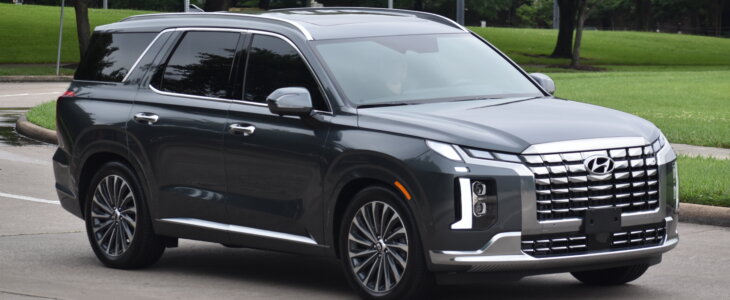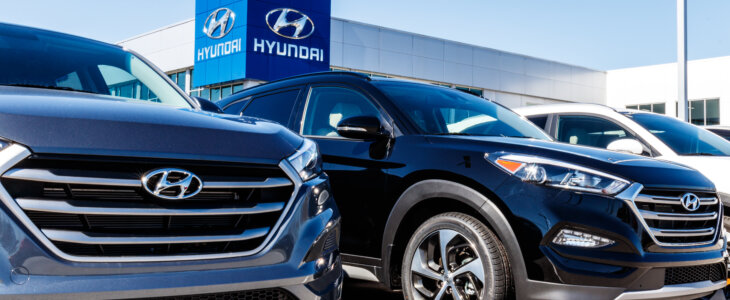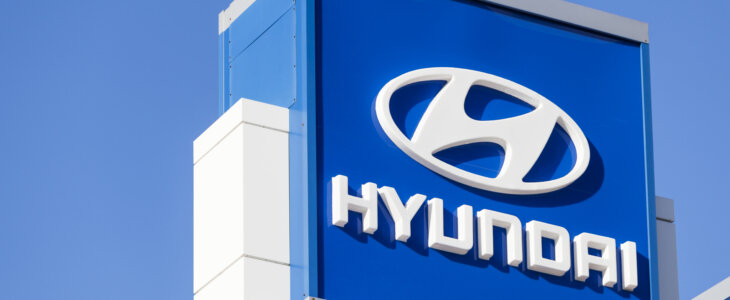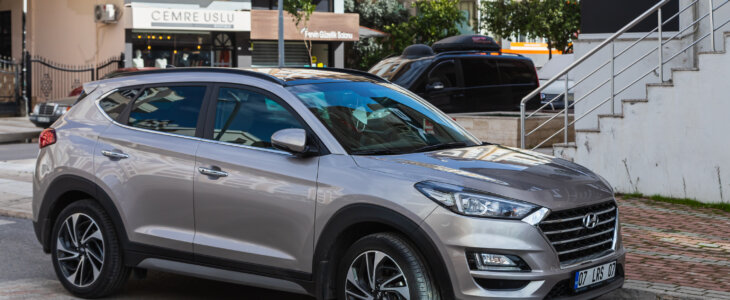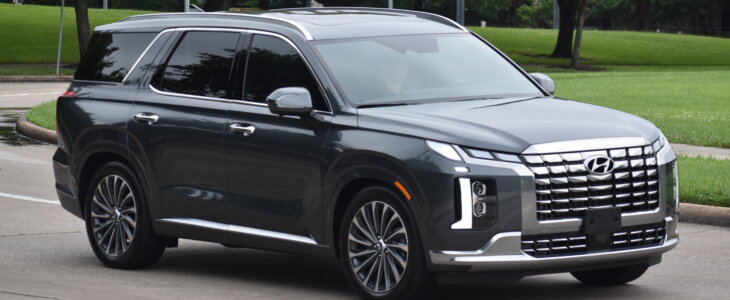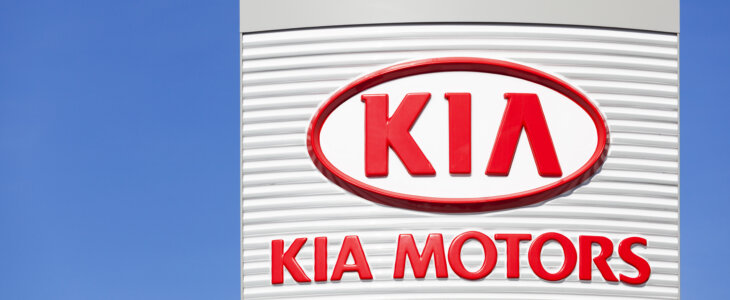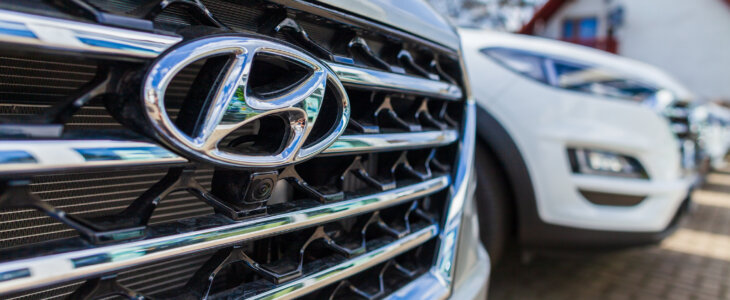Hyundai Motor America is facing a class action lawsuit after owners of its 2023–2025 Palisade SUVs alleged serious safety concerns related to braking performance. Specifically, defects in the anti-lock braking (ABS) and traction control systems that may compromise safe stopping on uneven roads.
History Behind the Lawsuit
The lawsuit, filed on May 9 in California federal court, claims that Hyundai knowingly sold Palisade models with defective braking systems that cause the ABS to malfunction when driving on rough or uneven surfaces. According to lead plaintiff Camille Maldonado and others, the vehicles experience brake pulsing and delayed stopping distances as a result of the systems misinterpreting wheel speed data.
Rather than slowing the vehicle smoothly, the brake system rapidly releases and reapplies pressure in error. Ultimately leading to longer-than-expected stopping times. Despite promoting the Palisade as a safe and technologically advanced SUV, the plaintiffs allege Hyundai failed to remedy the issue or even inform customers about the defect.
The complaint asserts that Hyundai was aware of the issue during pre-production testing and through warranty data and early customer complaints but failed to disclose it. This, the lawsuit argues, constitutes breach of warranty, fraudulent concealment, and violations of state consumer protection laws.
Which Vehicles Are Affected
- 2023–2025 Hyundai Palisade
All trims potentially affected by anti-lock braking and traction control defects.
What Owners Need to Know
Owners of affected Palisade models have allegedly been left with no fix or repair option. The plaintiffs are seeking damages and restitution for themselves and other New York and Ohio residents who purchased or leased the SUVs. The case may expand to include more affected owners if the court certifies the class.
This is not the first legal issue Hyundai has faced regarding the Palisade. An additional investigation is underway concerning faulty seat belts in 2020–2023 Palisade models that may unlatch unexpectedly.
How Hyundai Drivers Can Take Back Control
While this class action lawsuit has began, thousands of Hyundai drivers are likely to be affected by the same brake defect issue, with many expressing dissatisfaction over Hyundai’s inadequate solutions. These types of issues often lead to escalated legal action like this, highlighting the importance of protecting consumer rights.
If you struggle with vehicle troubles and feel cornered against big vehicle brands, remember it is always better to have experts with you. With extensive experience and successful cases at hand, The Lemon Firm is your best bet. With dedicated team members always at your disposal, the package becomes too good to be true. So, if your car is giving you a headache, don’t hesitate to reach out!
Call 833 Lemon Firm and speak with a case analyst today!
